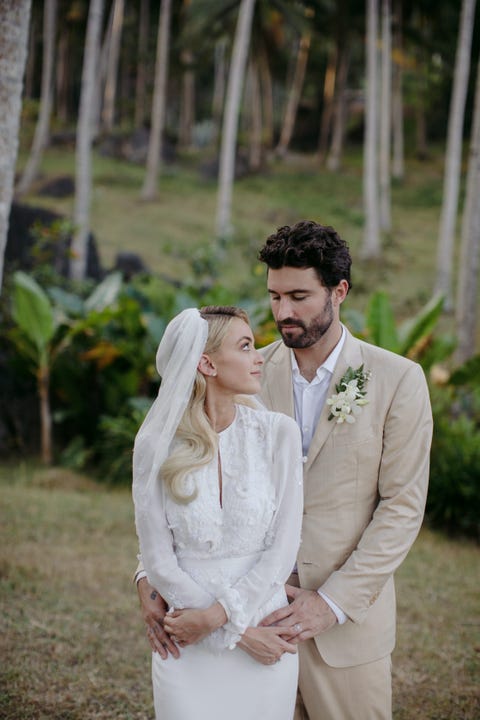This past July, I went on vacation with a female friend; the next thing I knew, I was in love with her.
It wasn’t quite that simple, of course. But it also wasn’t very complicated, either.
Until that trip, it had never crossed my mind that I was even capable of loving a woman the way I loved her. But after reflecting on my romantic history, I realized that I’ve never really had a “type.”
I know I’m not alone in feeling pressure to explain or define myself in one way or another. In an era when Mark Ronson is lampooned for momentarily labeling himself “sapiosexual,” publicly defining one’s identity is not for the faint of heart. But I relate to Mark’s sentiment: I also find myself attracted to people in a way that seems disconnected from sex and physical traits, and more connected to a person’s mind. It’s not necessarily intelligence, although that helps, but it’s about how they think and operate, how they view the world. I guess technically I could label myself a number of ways. Or on second thought, not at all. Why are we so hellbent on defining each variation of sexuality, anyway? We’ve become a society of labels, even as we claim to be more open-minded than ever.
When I was 22, I fell in love with a brilliant but much older man. He was quick, interesting, and the funniest person I’ve ever known. My friends and family didn’t “get it.” In their eyes, our age difference made us an odd match. But there was a chemistry that drew me to him as if I had no say in the matter.
At 25, I met the man I would eventually choose to marry. The legitimacy of that marriage has become a matter of public debate, but for he and I, it was very real. He was quite possibly the most beautiful man on the planet, with a heart of gold and a tireless sense of adventure. I was drawn to his spirit. “You’ll never be bored!” my mom offered, as I wondered early on whether or not he was the right partner for me. Of course, she was right: I was never bored. He became my best friend, and together we had all the fun the world had to offer. Eventually though, after years of constant “excitement,” we found we’d done as much growing apart as we’d done growing up. I began to spend a lot of time traveling on my own or with friends, quietly mourning what I knew in my heart would soon be the end of my marriage.
Shortly thereafter, as my friend and I spent that August traveling through Europe together and trying to move past our respective break-ups, my first and only romance with a woman was born. I fell just as hard for her as I had the older man so many years before. It was that same familiar force of nature; I didn’t have to think about a thing or overanalyze. It just happened and it felt exactly right. Reflecting back on our three-year friendship, I realized I’d always been drawn to her in a way I wasn’t with other friends, but until that trip it had never crossed my mind to think of her in a romantic sense.
Recently I’ve found myself wondering why and how my brain had been programmed to ignore an attraction that in retrospect seems so evident to me. I believe it was all just a matter of chemistry that had nothing to do with gender. I still don’t feel like I’m in a place to label my sexuality one way or another, but I’m okay with that. It’s something I’m still exploring and figuring out. It’s been interesting to watch friends and strangers alike assume I’ll automatically revert to being attracted to men, as if they’re more familiar with my sexuality than I am. Even I don’t entirely understand what my experience this summer means for me going forward—and it’s my experience.
While it was short-lived, I’ll remain eternally grateful to my most recent relationship for opening my eyes to this unexplored part of myself, and for inspiring a new level of self-discovery and wonder at all the possibilities of life. I’ve been forced to get to know myself in a far deeper way than ever before, and not just in terms of my sexual preferences. I’ve also been forced to reckon with who I am as a person.
Although the relationship with my friend was often referenced in the media as merely a “summer fling” or a “same-sex affair,” it was so much more than that. This was a profound journey of self-discovery. For the first time, I listened to myself, forgot about the “norm”, and lived. I hope that everyone, when given the chance, takes the time to understand who exactly their most authentic selves are, untethered from what we may have been taught to believe. Remain curious. Know that there are many layers within you—and they just might be the most invaluable ones.


